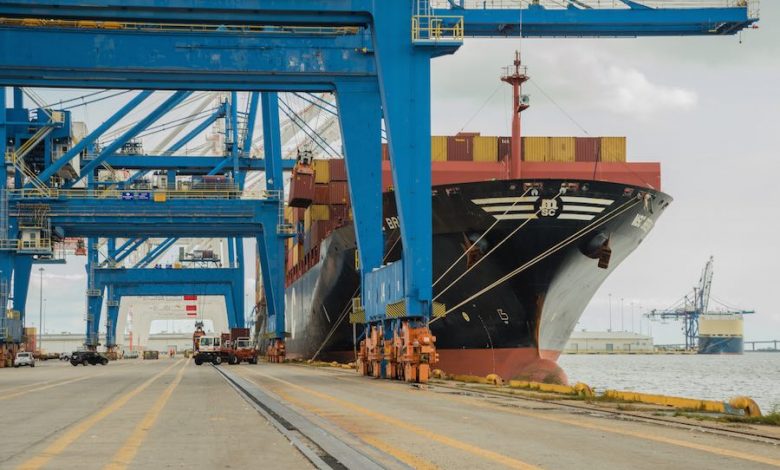US east coast’s shipping and ports feel effects of ‘bomb’ cyclone

The US Coast Guard (USCG) effectively closed the Port of Baltimore to commercial shipping because of high winds and extreme weather conditions as ports all along the east coast from Virginia up to Maine felt the effects of a severe storm on Thursday.
Winter Storm Grayson, a so-called “bomb” cyclone, wrought havoc up and down the eastern seaboard with fierce winds, high waves, coastal flooding and blizzards that caused low visibility for seafarers.
USCG Sector Hampton Roads Captain of the Port closed the Virginia Capes – Cape Charles to the north and Cape Henry to the south – to all inbound and outbound vessel traffic.
And the closure had the knock-on effect of also stopping maritime traffic headed to Baltimore. The average daily value of commerce at the Hampton Roads ports is $242 million.
Other USCG jurisdictions, notably covering Boston, Philadelphia and New York harbour, deployed ice-breakers to keep commercial vessels moving but delays were still expected.
A bomb cyclone is essentially a winter storm caused when two air masses, one warm and one cold, collide and create rotating currents of air and precipitous drops in air pressure and temperature.
Bomb cyclones develop much closer to the US than do, for instance hurricanes. As a result, bomb cyclones do not usually have a chance to develop the speed and strength of a hurricane. But they can still cause great disruption.
Grayson was also posing a test to the abilities of coastal energy refineries in the northeast to continue functioning normally.
